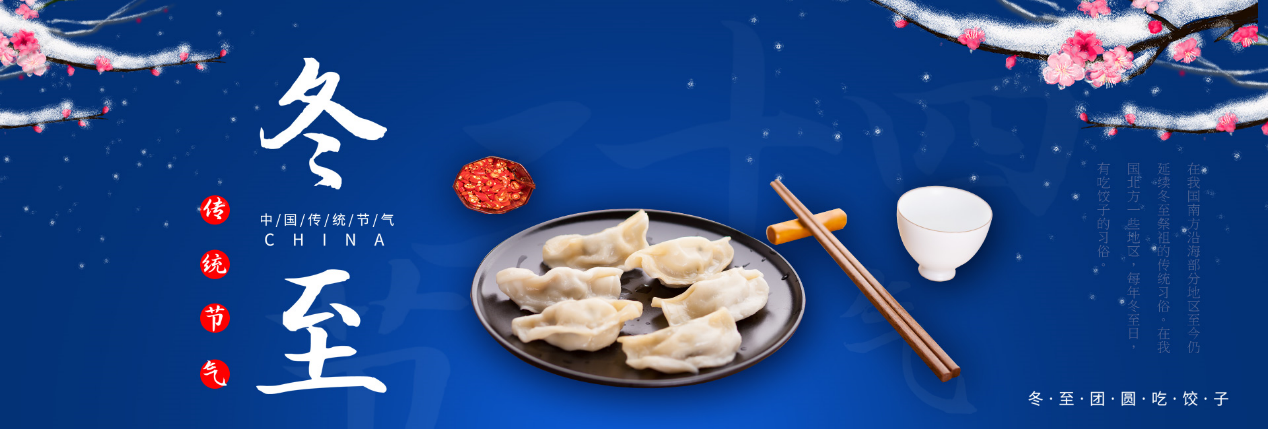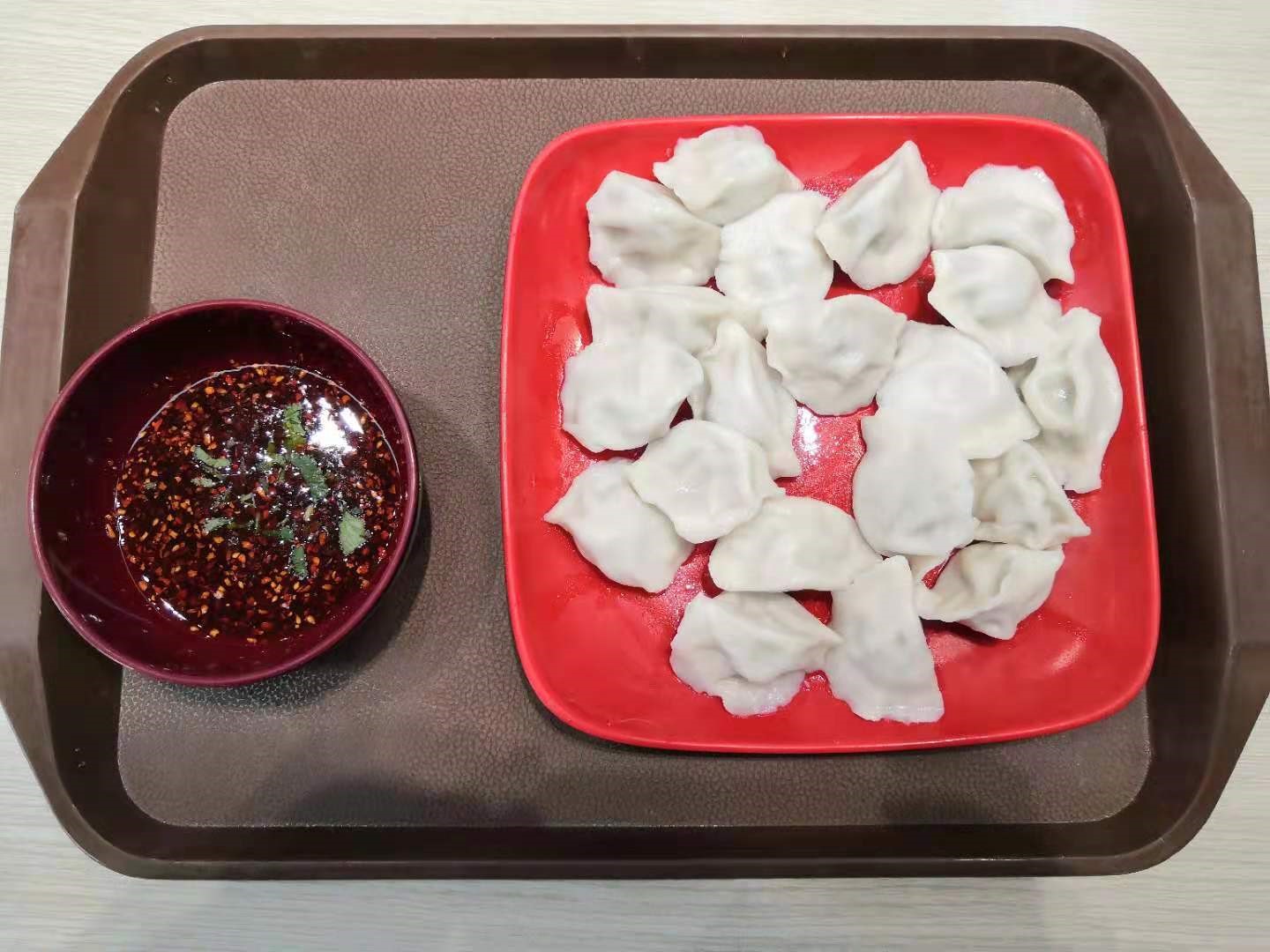Today is the traditional Chinese solar term "Winter Solstice". There was a statement that "the winter solstice is as important as the spring festival" in ancient times. On the winter solstice day, the position of the sun directly hitting the ground reaches the southernmost point of the year, almost directly hitting the Tropic of Capricorn (23°26' south latitude). On this day, the northern hemisphere received the least sunlight, 50% less than the southern hemisphere. In health preservation, the winter solstice is the last important solar term. On this day, people need to wear hats and soak their feet before going to bed. In terms of diet, northerners eat dumplings, while southerners are used to eating glutinous rice balls.

The winter solstice as a festival came from the Han Dynasty, flourished in the Tang and Song dynasties. At first there is no difference between winter solstice and spring festival. Until Emperor Wu of the Han Dynasty adopted the summer calendar that the special "Winter Solstice Festival" was occurred.

Every year on the winter solstice day of the lunar calendar, dumplings are an indispensable holiday meal regardless of whether they are rich or poor. This custom is to memory the "medical saint" Zhang Zhongjing. In the Eastern Han Dynasty, he worked in Changsha. Later, he resigned from the position and returned to his hometown. It was winter when he left, he saw that the people were thin, hungry and cold, and many people's ear were frozen. He asked his apprentice to set up a tent and a cauldron, and use "Jiao Er" to heal frostbite on the day. He put the mutton and some anti-cold medicinal materials in a pot and boiled, then fished out these materials, chopped them up and wrapped in dough. After cooked, they were distributed to the people who came for medicine, and there was a large bowl of meat soup. People ate "Jiao Er" and drank the soup, their ears became warm, the frostbitten were cured. Later generations learned to make the food which looks like "Jiao Er" and called them "dumplings" or "Bian Shi".
Writer: Yue Keyu
